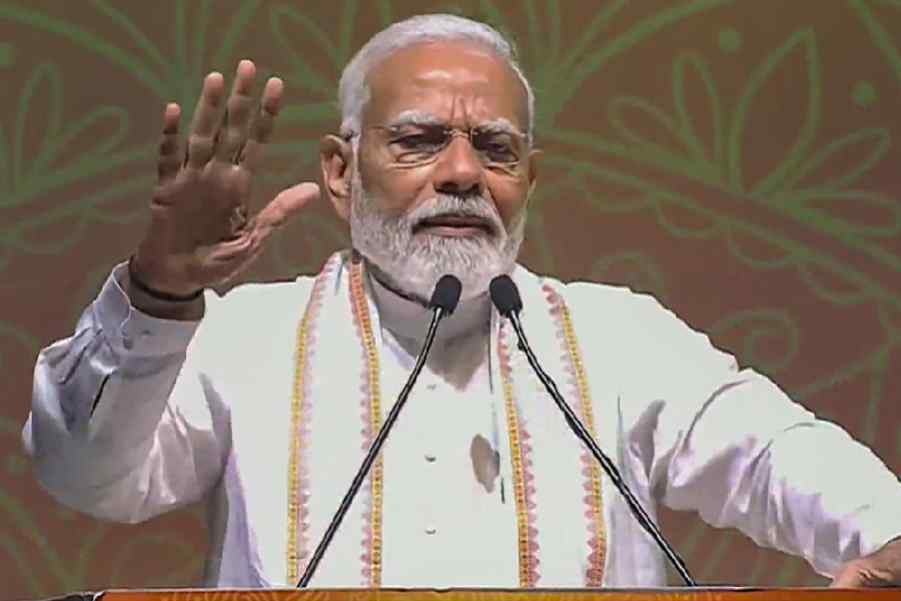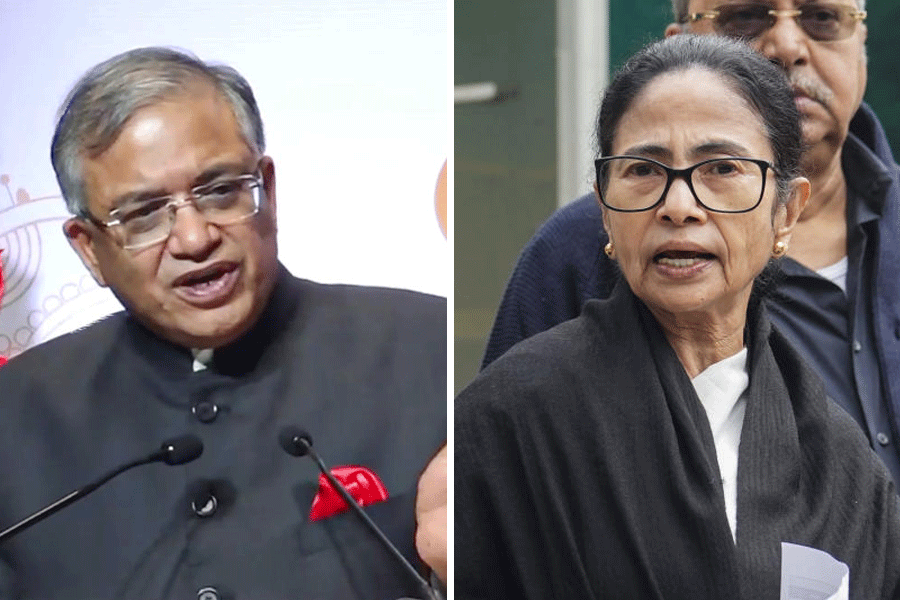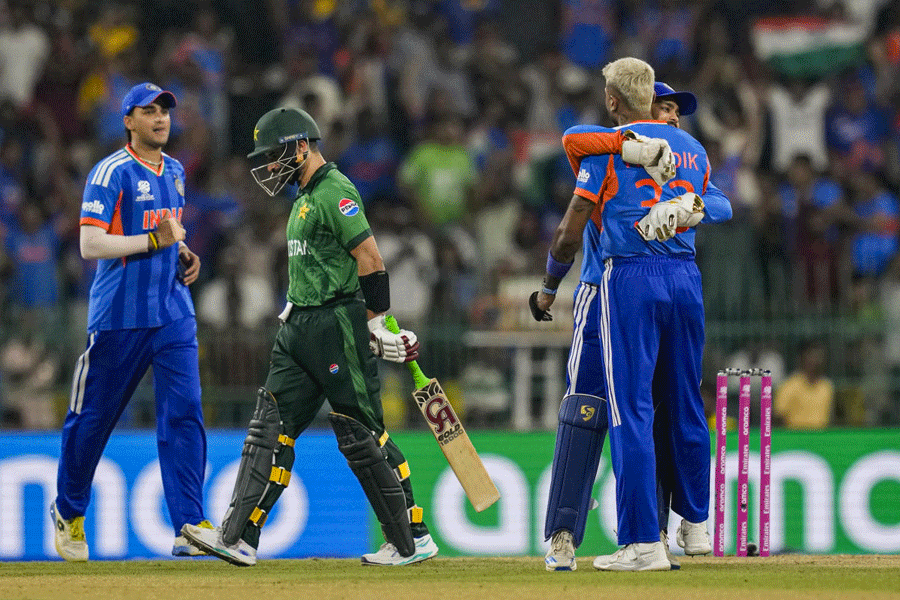The mother of democracy, at times, works in mysterious ways. The outcome of the general elections is awaited. Yet, the Bharatiya Janata Party has pocketed Surat in Gujarat without a contest. The case in Surat is murky, raising suspicions of violation of the proverbial playbook on electoral fair play. In this instance, signatories to the Congress candidate’s nomination papers declared on affidavit that their signatures had been forged; the proposer of the Congress’s dummy candidate followed suit. That was not all: only the BJP candidate was left standing after eight other competitors withdrew from the fray. Another nasty surprise was in store for the Congress — and democracy — in Indore where the Congress candidate withdrew his nomination at the final hour and then crossed over to the saffron party. It must be remembered that in Arunachal Pradesh, the BJP had pocketed 10 assembly seats without the whiff of a fight. An even more stark example was what unfolded in the mayoral polls in Chandigarh where an electoral officer tampered with ballot papers to ensure the triumph of the BJP’s man. The intervention of the Supreme Court had helped Indian democracy smoothen its creases on that occasion.
An election sans competition is an anomaly. This is because democracy’s flowering and, indeed, sustenance are contingent upon the unrestrained exercise of choice by each member of the electorate and the ability — especially the institutional ability — to honour the choice of the people. But the spirit of the collective mandate is violated when, say, a candidate emerges triumphant without having to compete with his rivals. Or when Opposition governments are toppled by weaning away legislators, through coercion or inducement, to the rival camp. Far too many such incidents have coincided with the political ascendancy of the BJP since 2014. This is suggestive of two things, both of which are inimical to the future of Indian democracy. First, the BJP, ambitious and authoritarian under its current leadership, is in pursuit of numerical dominance to establish political hegemony without a care for moral legitimacy. That cannot augur well for the representativeness of democracy. Second, representatives of the BJP’s political adversaries, equally unscrupulous and opportunistic, have, on numerous occasions — Indore and Surat are two different examples of the malaise — demonstrated that they are equally complicit in the erosion of democracy from within.










